Ramy Youssef, the mayor of muslim disaster, is tired of apologising
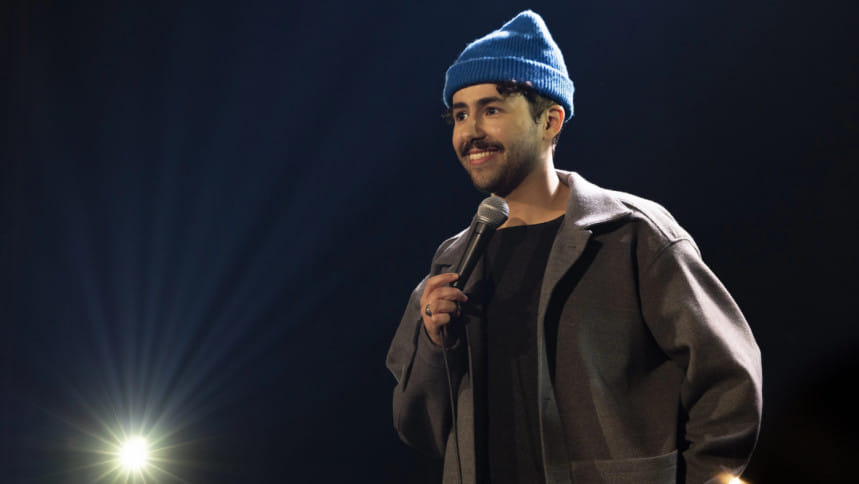
Ramy Youssef, the Egyptian-American comedian, isn't just crafting jokes; he's crafting conversations. Not only is he a funny man, but he is also a voice for a generation navigating complex socio-political landscapes. With his latest HBO special, "More Feelings," Youssef digs deep into societal issues, adeptly blending humour with poignant commentary on his experiences as a Muslim celebrity in America, offering a glimpse into his journey as a comedian, activist, and individual.
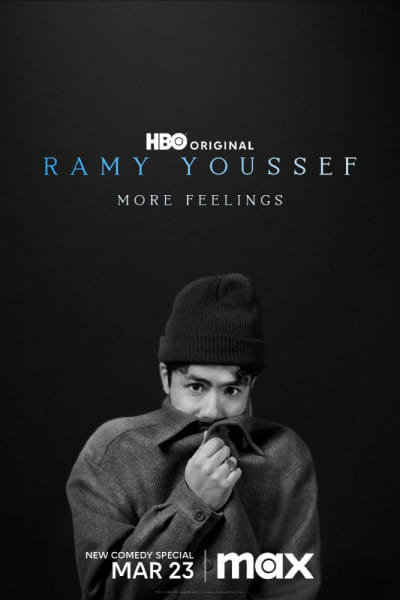
With the spotlight shining on him, Youssef holds a microphone, wearing his blue beanie, inviting viewers into his world where laughter intertwines with introspection. From Joe Biden calling him for campaign assistance to converting Taylor Swift, as well as poking fun at the absurdity of being asked to condemn violence simply because of his religion, he navigates the pressure of being a Muslim celebrity in an election year—Youssef's wit shines through, making us laugh even as we reflect on the underlying issues.

One of the central themes of the special is Youssef's reflection on the American response to the conflict in the Middle East, particularly the tragedy in Gaza. One standout bit in the special is Youssef's recounting of a conversation with a friend after the October 7 attack in Gaza. The friend casually asks, "Yo bro, where are you at with Hamas?" Youssef's exasperated response—"Where am I at, like, are we f-cking? Am I a member?"—captures the frustration of being expected to answer for the actions of others simply because of shared religious or cultural ties.
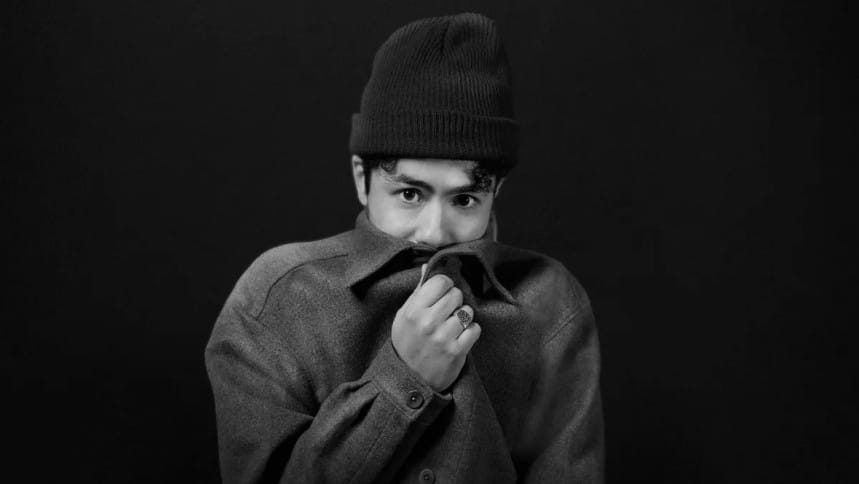
Youssef's comedy isn't just about getting laughs; it's about challenging perceptions. "I am tired of apologising," he confronts stereotypes and expectations placed on him, such as the assumption that Muslim men are inherently violent. Youssef infuses his comedy with moments of personal insight and vulnerability. He shares stories of his own struggles with identity and belonging, from navigating relationships with partners of different backgrounds to grappling with the expectations placed on him as a public figure. Through humour, he deftly dismantles these misconceptions, illustrating the absurdity of prejudice and the need for nuanced understanding.

Beyond the stage, Youssef is an outspoken advocate for social justice causes, particularly the Palestinian cause. He doesn't shy away from using his platform to raise awareness and support, donating proceeds from his shows to humanitarian aid for Gaza and engaging in activism both online and offline. He is not content to simply make people laugh; he wants to make a difference.

Recently Youssef's debut as a host on Saturday Night Live (SNL) was more than just a typical comedy routine as he took this discourse one step further with his unique blend of humour and sincerity. Youssef brought a politics of care to the SNL stage, kicking off his monologue with a humorous observation.
"This is an incredibly spiritual weekend," he said. "We're in the holy month of Ramadan, tomorrow is Easter, and yesterday Beyoncé released a new album. It's just so many religions celebrating all at once." This lighthearted introduction set the stage for what would become a more profound exploration of faith and community.

Amidst jokes about friends asking for prayers – one for a dog custody battle and another for family in Gaza – Youssef's earnest request to "free the people of Palestine" struck a chord. "My prayers are complicated," he said. "I've got a lot to fit in." He continued, "I'm like, God, please, please help Ahmed's family. Please stop the suffering, stop the violence. Please free the people of Palestine, please. Please. And please free the hostages, all the hostages, please. And while you're at it, free Mr. Bojangles. He's a beautiful dog. I'm praying for that dog."
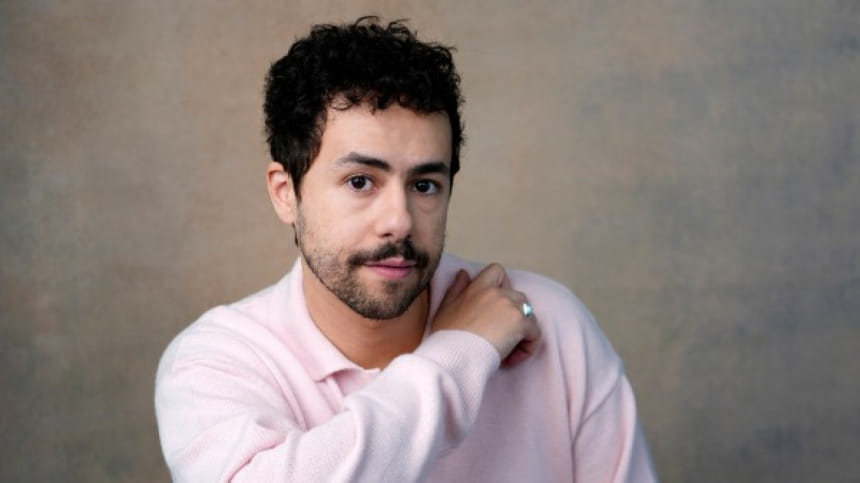
This unexpected and courageous statement elicited spontaneous applause from the audience indicating a collective recognition of the gravity of the situation and a shared desire for peace and justice. It was Youssef's heartfelt plea in his prayer that resonated most deeply with the audience.
Youssef's willingness to address such a contentious issue on a mainstream platform like SNL was both courageous and impactful. In a time when speaking out in support of Palestinians can be met with backlash, Youssef used his comedy to amplify voices often marginalised in mainstream media.
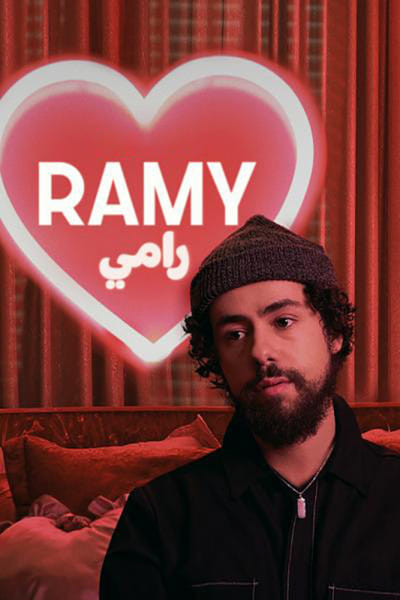
His monologue also served as a reminder of the power of comedy to bridge divides and foster empathy. By sharing his personal experiences and perspectives, Youssef invited the audience to see the world through his eyes and to empathise with the struggles of others.
Youssef's journey from stand-up comedian to acclaimed actor and director reflects his multifaceted talent and commitment to storytelling. From his award-winning TV series "Ramy" to his role in the Oscar-nominated film "Poor Things," Youssef continues to push boundaries and challenge norms, both in entertainment and society at large.
With "More Feelings," he proves that comedy can be more than just entertainment—it can be a catalyst for conversation, connection, and understanding. And in a world that's often divided by politics and prejudice, that's a message worth laughing—and listening—to.

 For all latest news, follow The Daily Star's Google News channel.
For all latest news, follow The Daily Star's Google News channel. 
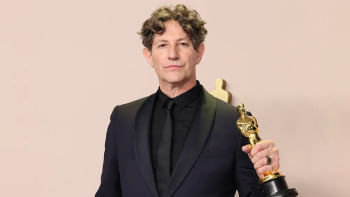




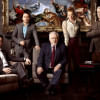



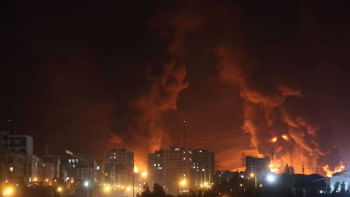
Comments